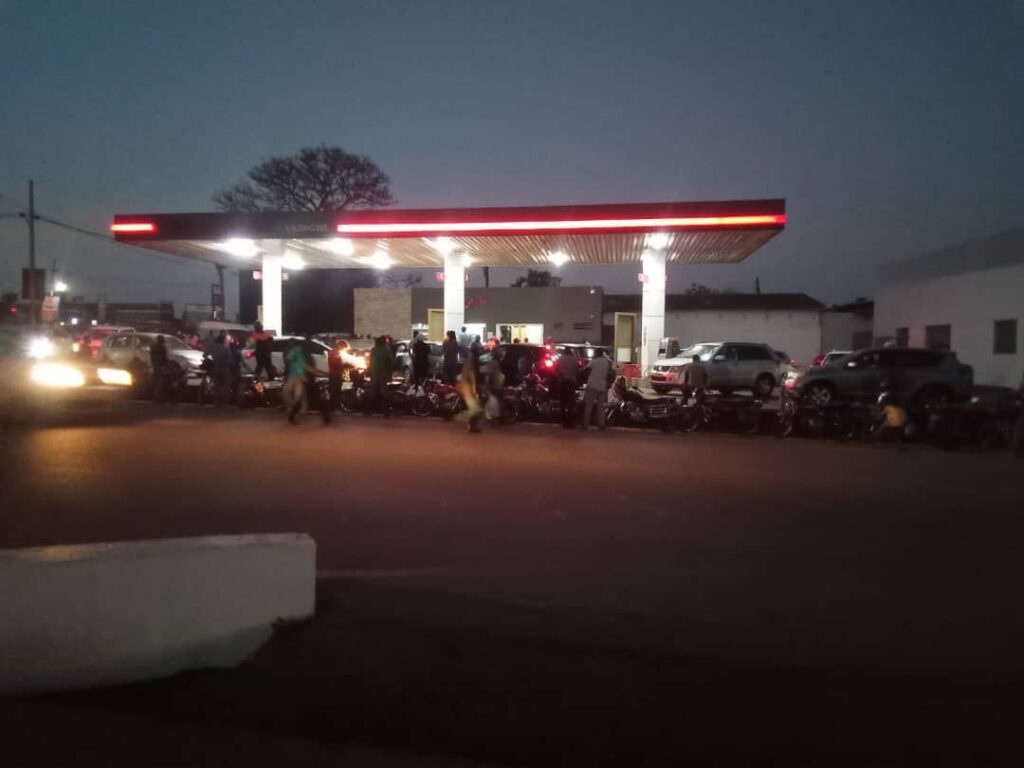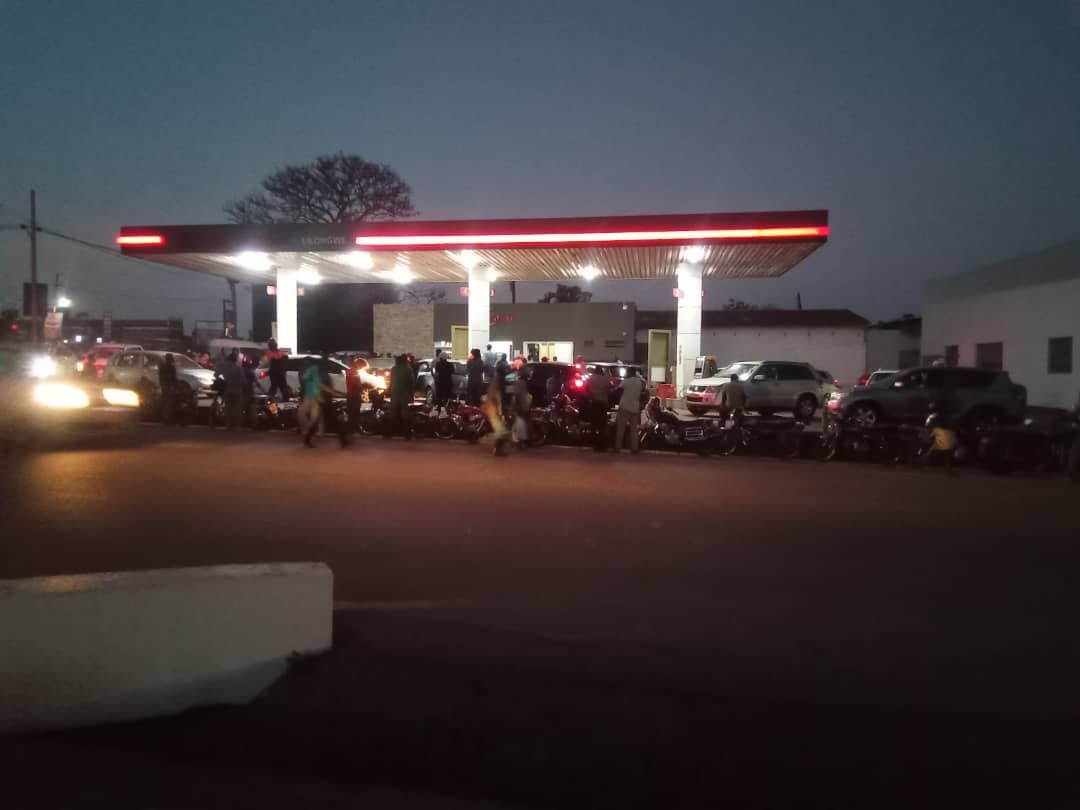By Burnett Munthali
Malawi’s ongoing fuel crisis has reached unprecedented levels, as even diplomats—usually shielded from such struggles—are now being seen queuing at fuel stations. The sight of high-ranking officials waiting alongside everyday citizens is a stark indicator of the severity of the country’s fuel shortage.
At various filling stations across the capital, Lilongwe, the presence of diplomatic vehicles, complete with recognizable license plates, has drawn both surprise and concern. These officials, accustomed to more privileged access, are now facing the same frustration as the average motorist.
The situation has become a great equalizer, forcing individuals from all walks of life to confront the harsh realities of the crisis. “It’s unheard of,” remarked one motorist at a station in Area 47. “When even diplomats have to queue, you know things are bad.”
Diplomatic staff, while reluctant to comment on record, have expressed dismay at the logisticalk disruptions caused by the shortage. Several embassies in Lilongwe reportedly face operational challenges, as fuel scarcity hinders mobility and compromises diplomatic engagements.

Broader Implications
The image of diplomats in fuel queues has sparked debate about the government’s handling of the crisis. Citizens and analysts alike question how Malawi reached a point where even those in high positions cannot access a basic necessity like fuel.
“This reflects poorly on the country’s international image,” said a local economist. “Diplomats rely on functioning systems to perform their duties, and this crisis undercuts their ability to represent their nations effectively.”
A Call for Urgent Action
The fuel crisis continues to grip Malawi with no immediate solution in sight. The situation, already dire for businesses and ordinary citizens, now threatens to disrupt diplomatic functions and international relations.
As the queues grow longer and frustrations mount, the call for decisive government intervention becomes louder. For now, the sight of diplomats in fuel queues serves as a sobering reminder that the crisis spares no one.
This is no longer just a national inconvenience—it is an international embarrassment demanding urgent attention.



